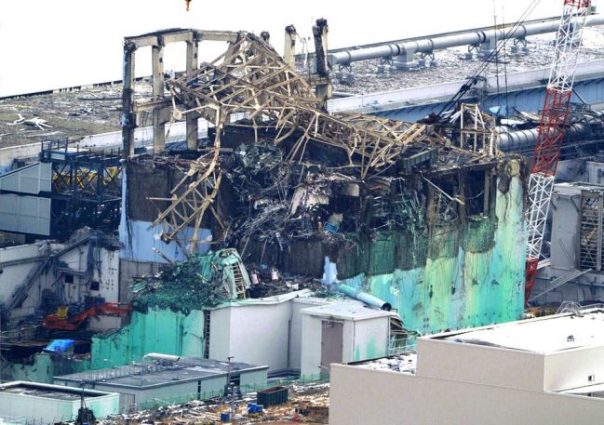How to make ethanol:
1: Use diesel and gasoline powered farm equipment to grow and harvest a sugar-rich crop.
2: Use fossil fuel supplied heat and electricity to operate a cooker, which turns the plants you grew into cattle feed and ethanol.
How to make hydrogen:
1: Obtain methane from fracking or some other fossil source.
2: Process the methane to produce hydrogen.
Both processes use a large amount of fossil fuel, thus releasing a large amount of CO2 into the environment, to make a high density but inherently inefficient, potentially very useful energy source.
How to make green ethanol:
1: Use only electricity to run the farm equipment and ethanol cookers.
2: Make all the electricity using wind and/or solar.
(3 optional: You can use some of the green ethanol to run some of the above two processes.)
How to make green hydrogen:
1: Use electricity to power electrolysis to separate water into hydrogen and oxygen.
2: Make all the electricity using wind and/or solar.
How much of the ethanol we use today is green, compared to the total amount of ethanol? Zero%
How much of the hydrogen we use today is green hydrogen compared to the total amount of hydrogen: 0.04%
Right now essentially zero of the hydrogen used to send rockets into space is green. There is a move to make some of that as green hydrogen. Given the example of ethanol, there is no reason to believe that green hydrogen will ever be the main fuel supply for any ordinary earthling transportation system. However, I’m willing to give it a chance. Let’s first fuel our entire global rocket industry with green hydrogen (wherever hydrogen is used). Then, also, let’s create all the other hydrogen used in industry for things other than transportation (there is quite a bit of that) using green technology as well. Once we are making green hydrogen for all the hydrogen uses, then we can talk about hydrogen being used to fuel some percentage of our transportation industry.
Having said that, hydrogen is of limited use in this area, since fuel cells are inherently inefficient and for other reasons. There is no reason to totally write off hydrogen, but we have every reason in the world to totally write off non-green hydrogen.








 Take any major modern news theme. Deutsche Bank. Trump-Nato-Putin. Election tampering. Go to the standard news sources and you’ll find Chuck Todd following the path of “both sides have a point.” Fox News will be mixing conspiracy theory and right wing talking points. The most respected mainstream news anchors, Lester Holt, Christiane Amanpour, or Brian Williams perhaps, will be giving a fair airing of the facts but moving quickly from story to story. Dig deeper, and find Chris Hayes with sharp analysis, Joy Reid contextualizing stories with social justice, and Lawrence O’Donnell applying his well earned in the trenches biker wisdom.
Take any major modern news theme. Deutsche Bank. Trump-Nato-Putin. Election tampering. Go to the standard news sources and you’ll find Chuck Todd following the path of “both sides have a point.” Fox News will be mixing conspiracy theory and right wing talking points. The most respected mainstream news anchors, Lester Holt, Christiane Amanpour, or Brian Williams perhaps, will be giving a fair airing of the facts but moving quickly from story to story. Dig deeper, and find Chris Hayes with sharp analysis, Joy Reid contextualizing stories with social justice, and Lawrence O’Donnell applying his well earned in the trenches biker wisdom.






 His philosophy as a regulator has been transparency and public participation. He worked to improve security regulations for nuclear plants, and oversaw the initiative to make these plants airplane strike resistant. He is most well known for taking the lessons of the
His philosophy as a regulator has been transparency and public participation. He worked to improve security regulations for nuclear plants, and oversaw the initiative to make these plants airplane strike resistant. He is most well known for taking the lessons of the